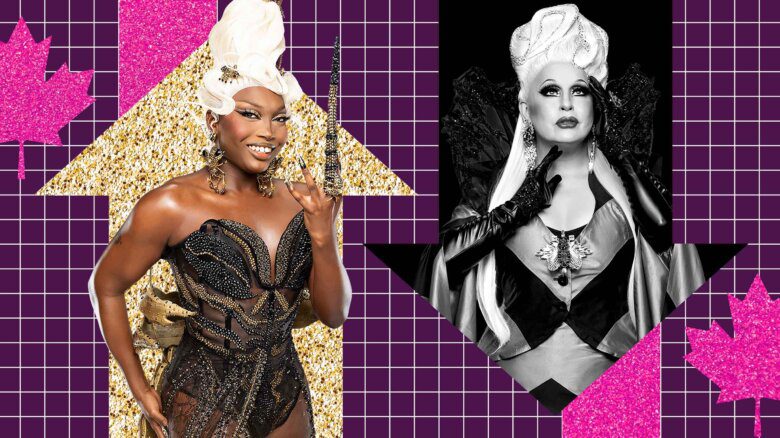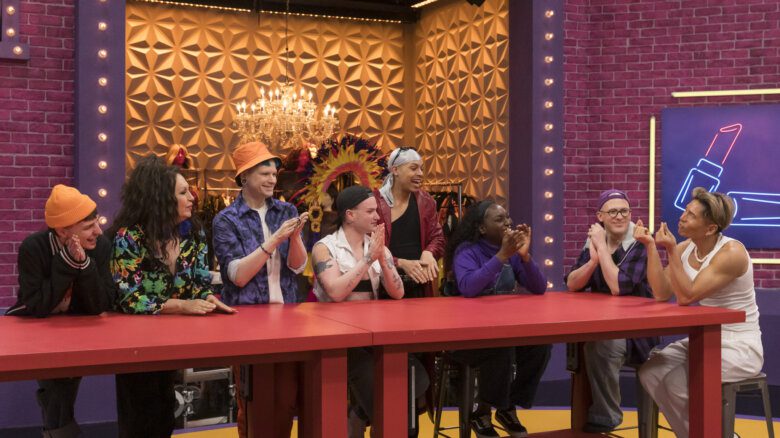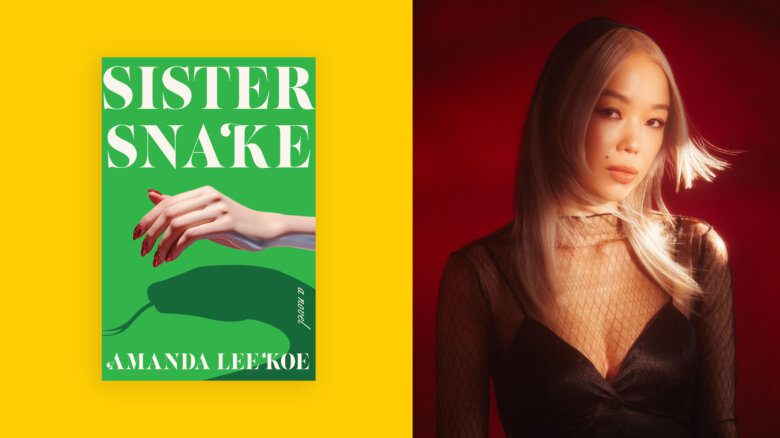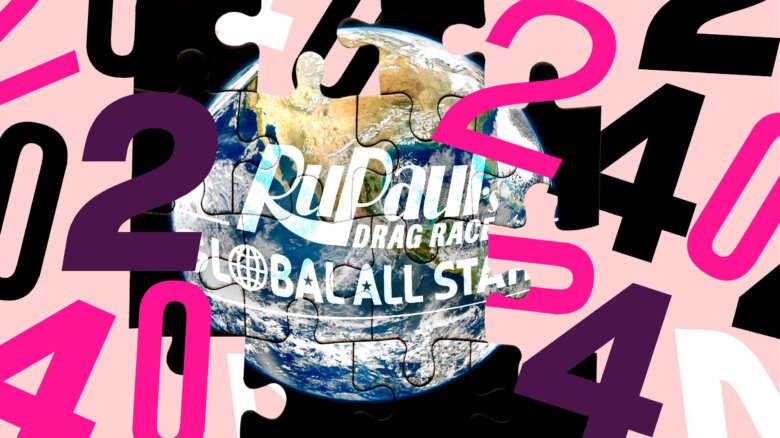Okay, I’m definitely showing my youth as I make this confession. I first heard of ACT UP and Queer Nation in a university classroom. This was in the late 1990s, long after most people had been lulled into complacency by the smiling faces in drug company ads for anti-retrovirals. While my friends and I grew up knowing that AIDS was a scary illness, we were too young to have known anyone who had actually died from the disease. But the ferocity and media savvy of 1980s queer activists helped light a fire within us. A new generation of anti-globalization protestors used ACT UP-esque sassy slogans and creative tactics in showdowns with the World Bank and at summits of global leaders around the world. The issues were (and still are) just as urgent as in the Silence=Death era, as young people grappled with the impact of trade agreements on poor people in North America and the global south.
Those protests felt like street parties, replete with humungous papier maché puppets being burned in effigy and “radical cheerleaders” decked out in anarchist red and black, waving pom-poms made of garbage bags. There was street theatre and impromptu musical performances. My friend Adam attended the protests against the FTAA in Quebec City in 2001 dressed as a giant head of garlic — the reason now escapes me, but I think it had something to do with exposing the bitterness of the corporate trade regime.
In contrast, Gay Pride Parades felt like giant commercials for a shiny new lifestyle that I never imagined being able to afford. Don’t get me wrong — seeing a million people fill the streets in Toronto and Montreal made my heart skip a beat, as I marvelled at how far we’d come. I felt so lucky to be coming out and coming of age in a time when beer companies were lining up for the chance to sponsor Pride celebrations. What wasn’t there to like about truckloads of firm bodies dancing to disco? The very act of taking over the streets and taking up space was enough to make me feel like I was part of a big queer family.
But by the time I was old enough to join the party, Pride had definitely lost its edge. It was understandable, really. After years of fighting on the streets and in the courts, queers in the Chrétien era had seen many victories. Sexual orientation had been added to the Charter of Rights. Companies were no longer allowed to discriminate against gays and lesbians, which meant we could all cash in on our partners’ group insurance programs. Gay and lesbian adoption was starting to go mainstream. And equal marriage for same sex couples — a holy grail for some — seemed so close that we could taste it.
But times have changed, and it might be time to reclaim the ACT UP spirit, and infuse our Pride celebrations with a healthy dose of rage — especially at a time when we have so much to lose. Barely |six months into his reign, Harper has already signalled that he plans to hold a “free vote” that could repeal equal marriage. Before heading out on the summer barbeque circuit, the Conservatives introduced legislation that would raise the age of sexual consent from 14 to 16, criminalizing teen sexuality, and creating a “chill effect” that could hamper proper HIV/AIDS education. And the government’s proposal for mandatory minimum sentences will do little to prevent crime, and instead hamper rehabilitation efforts, while leading to a boom in the prison construction business. Meanwhile, childcare will become a luxury available to fewer and fewer people, as daycare centres are forced to raise their fees to compensate for the repeal of the stable funding that had been agreed to by the Liberals. And the social conservative groups that set up shop on Parliament Hill to fight same sex marriage are chomping at the bit, eager to help the government dismantle every right we’ve won for our communities over the last several decades.
If ACT UP can teach us anything, it’s that crisis breeds creativity, and that resistance makes for great art. It’s no coincidence that after years of struggle, mainstream politicians and medical professionals stopped referring to AIDS as a disease that gay men inflicted upon themselves. As author and ACT UP member Sarah Schulman writes, “what really took place was this: thousands of people, over many years, dedicated their lives to achieving a cultural and scientific transformation. In other words, a nation that had always hated and humiliated and violated gay people, was forced — against their will — to behave differently than they wished to, because activists intervened and took control of a terrible situation, thereby changing it.”
The fact that Ottawa/Gatineau Pride has been re-branded “Capital Pride” represents an opportunity for all of us to give Harper the collective finger — on his own turf. Let’s put the politics back into Pride, and tell the people in power that we’re here to stay.
Puppet-making party anyone?

 Why you can trust Xtra
Why you can trust Xtra


